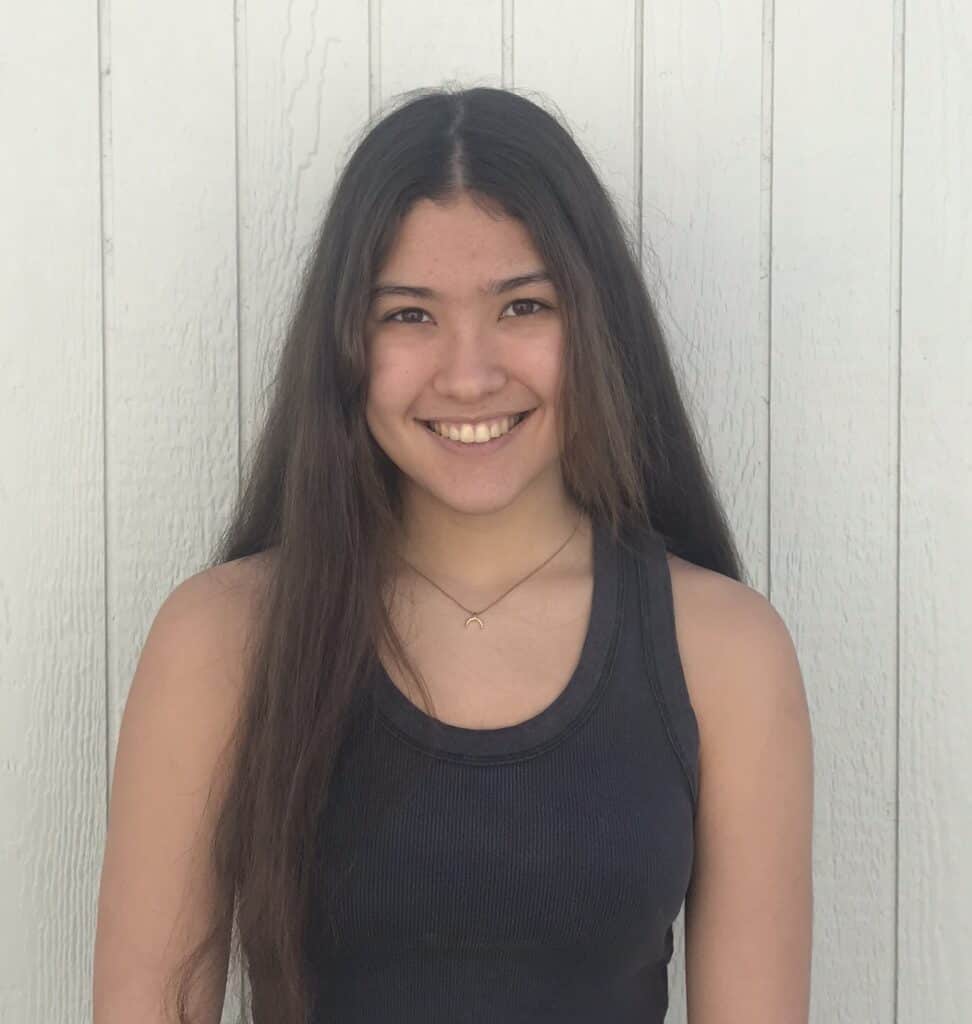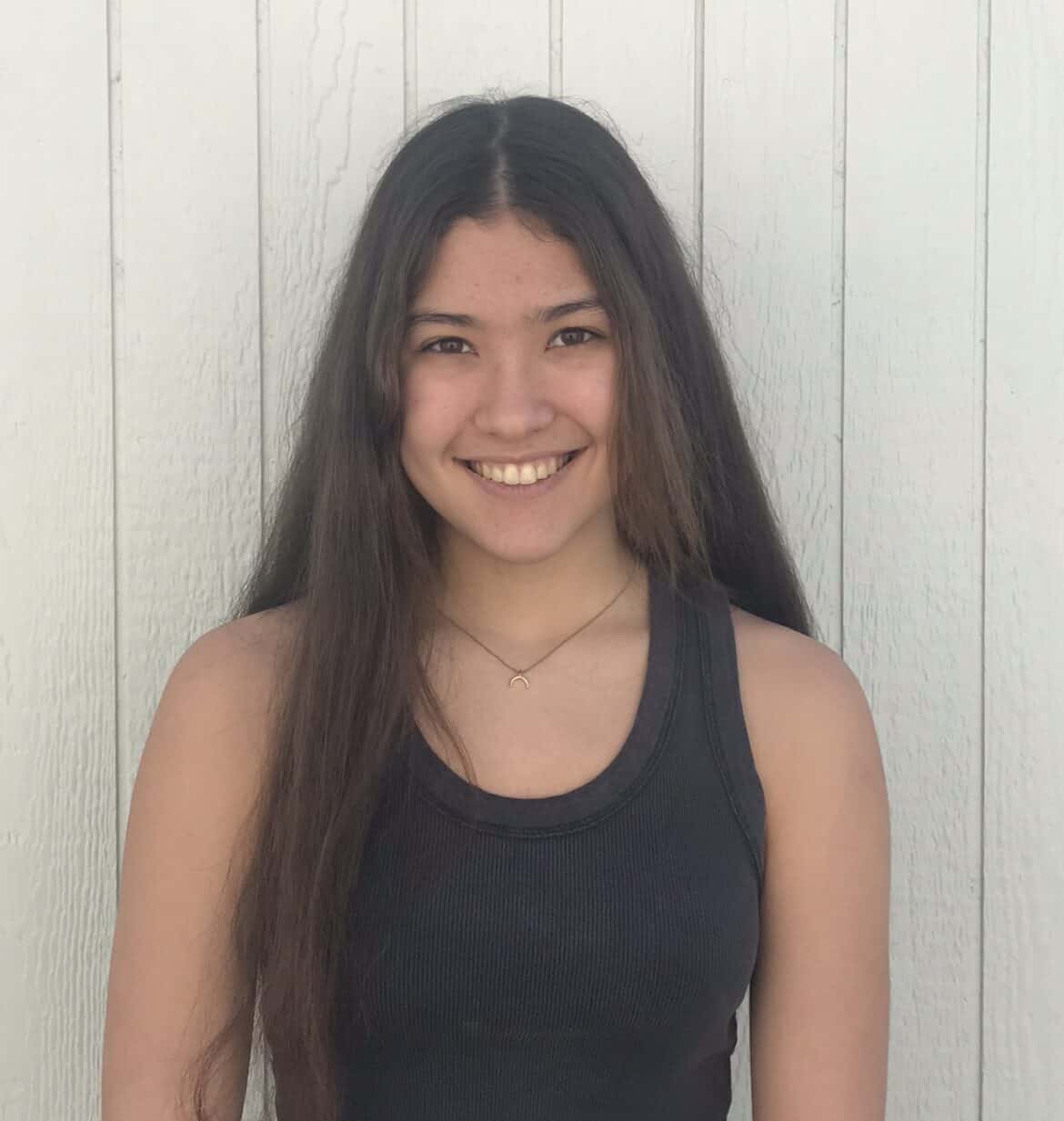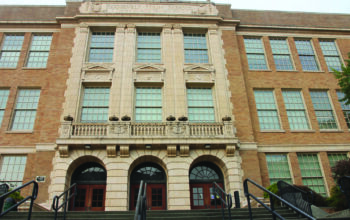
How has your identity shaped your life experiences thus far? What global problems are motivating you to pursue a future in service to the world? Consider a pressing societal concern that impacts you.
500 words, 250 words, 300 words. Essay after essay, college application prompts require viewing my past and present through a critical lens. Putting my pen to paper, I can almost feel the warmth of Bangkok’s sun rays hitting my skin.
In some writing, I relive the weight of my privilege living abroad — memories of watching Thai pro-democracy protests from the shelter of a train, or attending school while monsoon flooding buried other parts of the city. In other essays, I confront the varied senses of difference and belonging I encounter in Seattle: the burn of a microaggression, contrasted against Roosevelt’s pockets of community. I get up close and personal to the inequalities that have shaped me.
Yet throughout December and January, in the thicket of application season, I am exhausted. Burnt out and distant, I find myself stewing in irritability during class discussions on justice or race — now strangely un-fulfilling — when classmates don’t identify with my perspective or call out what I feel is the obvious. Weeks pass before I realize I am dealing with the fatigue of viewing the world through a constantly hypercritical eye. Writing the essays had conditioned me to stay always subconsciously ‘on,’ even when moving through day-to-day activities.
The moment comes while reading Anu Taranath’s book “Beyond Guilt Trips.”
“We believed in social justice,” Taranath writes, “and hence … we continually rehearsed how unjust configurations of power and privilege were playing out everywhere and always.” She continues: “If we train our gaze solely on unfairness and injustice, how will we then catch glimmers of goodness and wonder?”
Taranath’s question struck a chord. I was so focused on examining the power structures around me that I had lost an eye for joy. In sustainable social justice work, I learned that compassion — for others and yourself — must coexist with criticality.
I share this story largely because I recognize a need for many of us to recharge. For our Black students and Black Lives Matter panelists earlier this month, who laid bare parts of themselves to the Roosevelt student body in the hopes of starting dialogue and inspiring action, perhaps now is a time more than ever to seek out moments of happiness.
Taranath suggests aiming small: “A funky haircut, a beautiful smile.” I’ll be looking for the excitement on my friends’ faces when they get the Wordle each day. Your search should not be taxing.
For others, perhaps this is a time to take on that critical lens — potentially for the first time — to build a well of courage to draw from as you begin dismantling the unequal systems around you. And as you progress in your journey, keep your eyes open for joy as much as you do for injustice.
You do not have to compromise optimism to be an activist or an ally. Rather, taking time to nurture hope can push us further in our work to achieve greater equity, justice, and healing around us, making sure we are here for the long haul.


